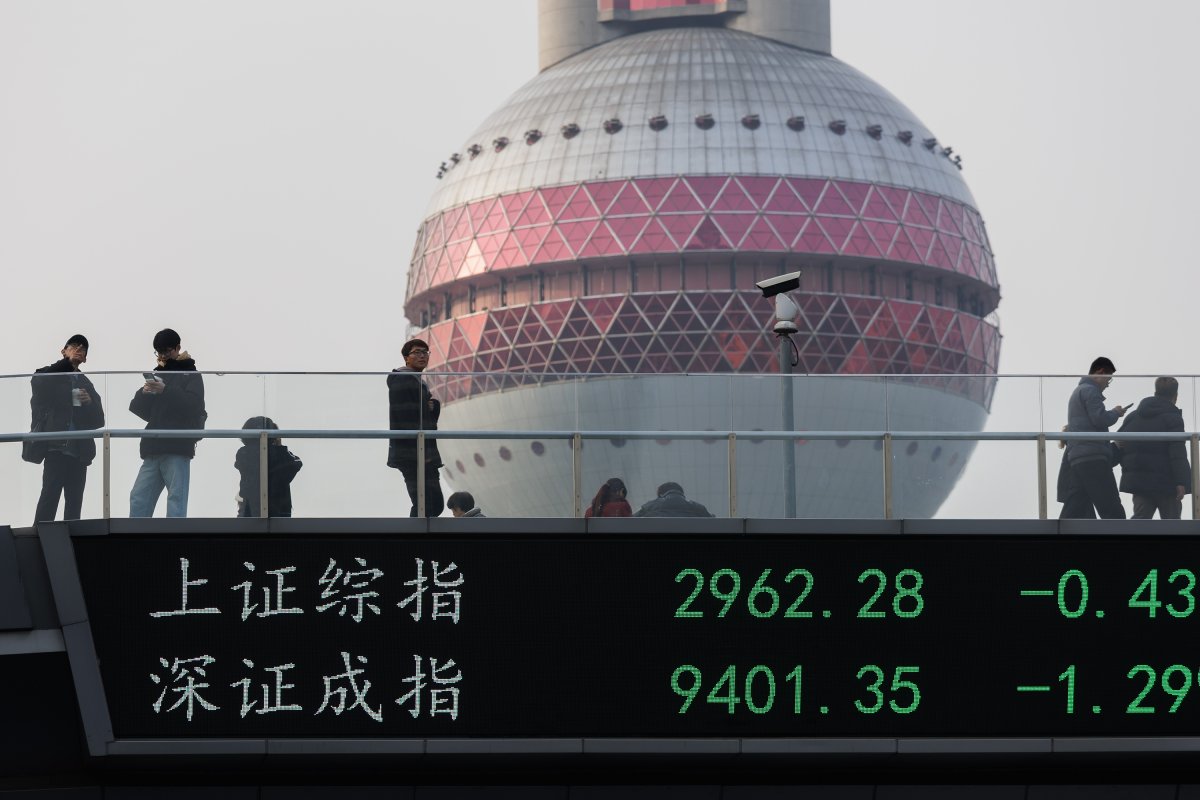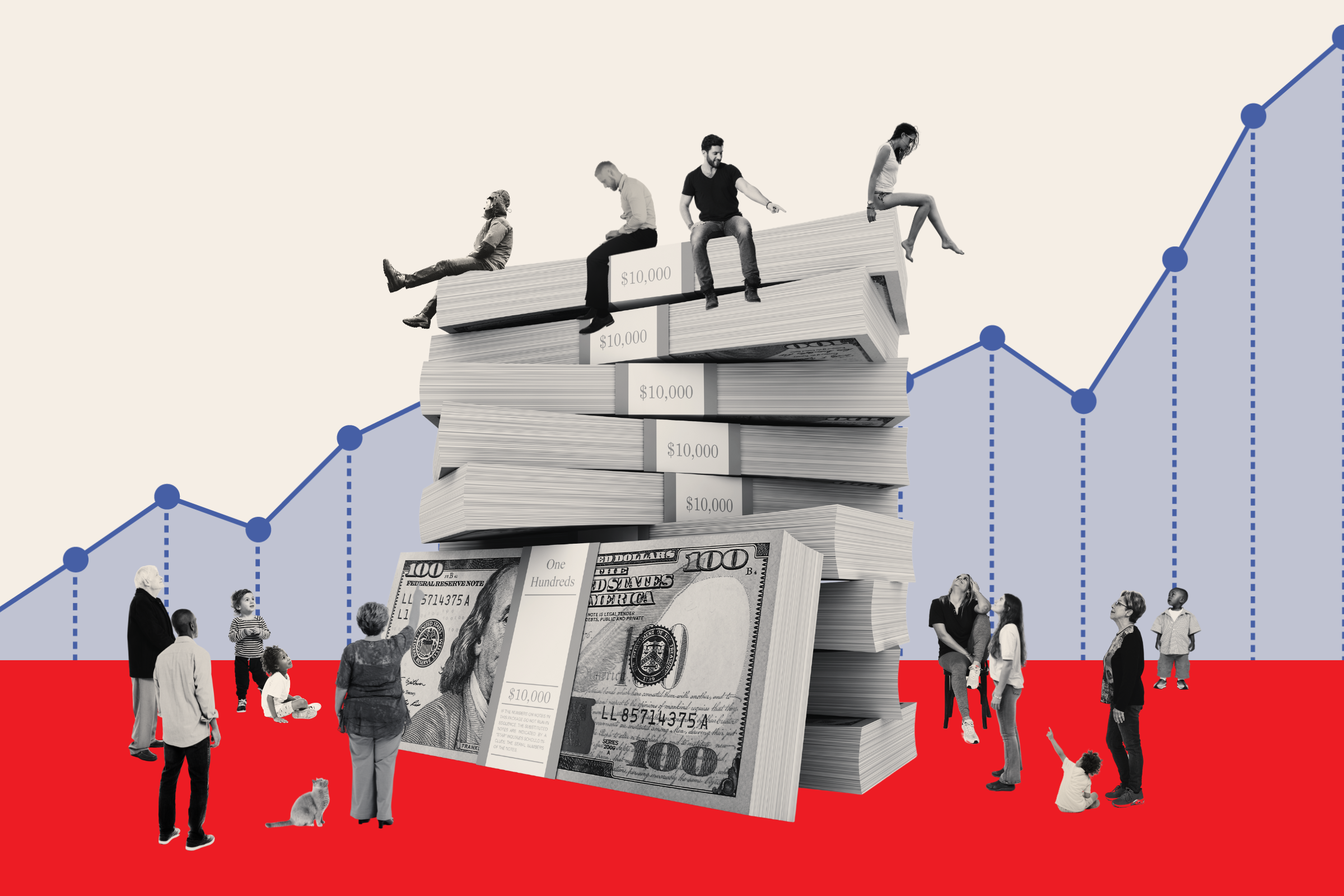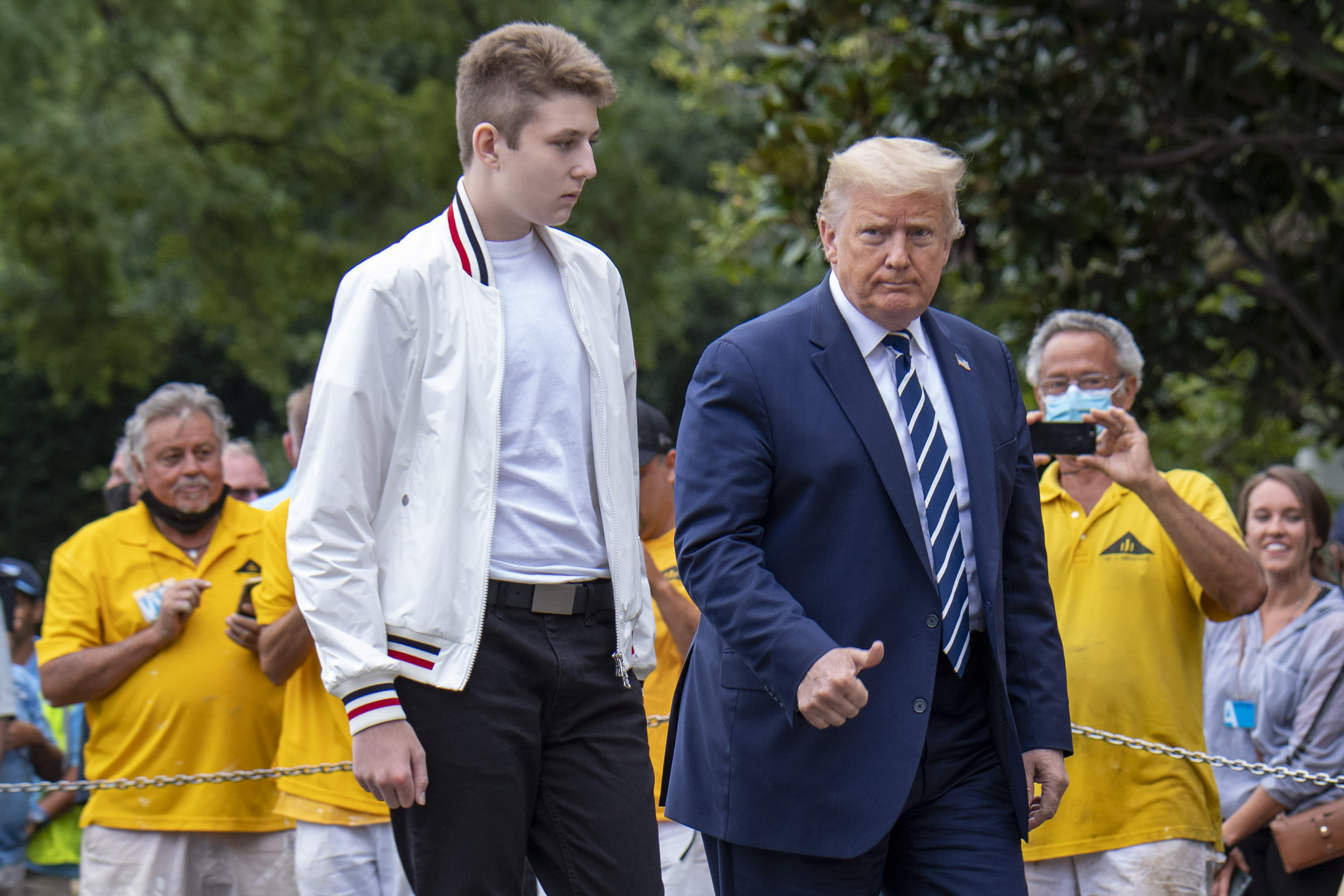The cooling Chinese economy is blunting one of Beijing's favorite coercive weapons against neighboring Taiwan.
Indeed, the world's second-largest economy, led by Xi Jinping, stands to lose even more leverage as the island's businesses increasingly look to invest elsewhere.
China reported earlier this week it had met its goal of at least 5 percent GDP growth, exceeding earlier expectations. However, the country still faces economic headwinds such as a low demand for exports, a property market on the ropes, and high youth unemployment.
Across the 100-mile Taiwan Strait, Taiwan's top research institution Academia Sinica has forecast the tech hub's GDP will grow by over 3 percent.
This expansion, more than double last year's 1.34 percent growth, will come on the back of rising private consumption and demand for electronics and emerging technologies like applied artificial intelligence, the institute said in a December 22 press release.
Taiwan invested just $3 billion in China last year—a whopping 40 percent drop year-on-year and a 21-year low, according to local reports.
Meanwhile, the island has been investing heavily in South and Southeast Asian nations as part of its New Southbound Policy to decrease its historical reliance on China and diversify its economic partners.
In 2022, Taiwanese investment in these regions exceeded investment in China for the first time, Taiwan's economic tsar Wang Mei-hua told Nikkei Asia.
The issue of alleged Chinese economic warfare was on full display on the road to Taiwan's January 13 elections.
Foxconn founder Terry Gou was widely believed to have been the victim of a politically motivated investigation after Chinese media announced the country's tax authorities were looking into the iPhone assembler's factories in two provinces and land use in two others.

Observers in Taiwan believed China was seeking to pressure Gou because it believed his independent presidential bid would split the opposition vote and deftly handed the ruling China-skeptic Democratic Progressive Party a win in the upcoming election.
Taiwanese firms like Foxconn—the world's largest contract electronics manufacturer—have been economic drivers in China for more than three decades, particularly in the manufacturing, service and electronics sectors.
These businesses are believed to have been instrumental in China's economic boom.
Taipei has also accused Beijing of weaponizing trade to signal its disapproval, especially since Taiwanese voters elected President Tsai Ing-wen of the pro-sovereignty Democratic Progressive Party (DPP) in 2016.
From 2021, this alleged pressure campaign included bans on various Taiwanese agricultural products for which China was a major market, including pineapples, mangoes, sugar apples, and groupers, citing pests or harmful chemicals. Beijing resumed shipments of the latter two last year.
On December 15, China's Ministry of Commerce published a list of over 2,000 "trade barriers" it said Taiwan had erected against Chinese products. The ministry hinted at retaliation.
China soon announced that effective this year, it was suspending preferential treatment of 12 petrochemical products from Taiwan, allegedly in response to Taiwanese tariffs on such goods from China.
Taiwan's Ministry of Economic Affairs said the move was retaliatory and meant to influence the outcome of Taiwan's national elections on January 13.
On December 23, 2023, the ministry pledged tens of millions of dollars to assisting petrochemical firms in seeking new markets and manufacturing value-added products, according to local reports.
On December 27, China threatened trade sanctions if the DPP continued to support "Taiwan independence"—a red line that Beijing has said it would go to war over.
The Chinese Communist Party government claims sovereignty over Taiwan and vows to someday bring it into the fold—through force if necessary—despite never having ruled there.
Newsweek has reached out to Taiwan's Ministry of Economic Affairs and China's embassy in Washington, D.C. with written requests for comment.
Uncommon Knowledge
Newsweek is committed to challenging conventional wisdom and finding connections in the search for common ground.
Newsweek is committed to challenging conventional wisdom and finding connections in the search for common ground.
About the writer
Micah McCartney is a reporter for Newsweek based in Taipei, Taiwan. He covers U.S.-China relations, East Asian and Southeast Asian ... Read more
To read how Newsweek uses AI as a newsroom tool, Click here.






